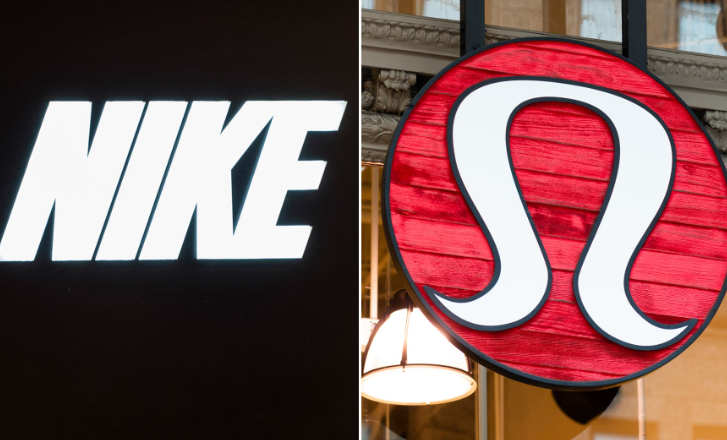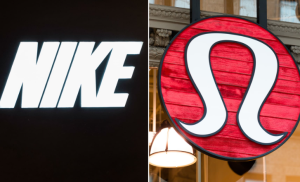Nike and Lululemon Lead Major Losses for Stock Market
Stock prices for Nike and Lululemon were down today after poor earnings reports projected an even worse upcoming quarter.

Weak guidance for athleticwear brand Lululemon (LULU) caused the stock to fall 10% on Thursday. Nike (NKE) released its Q3 earnings and fell 6% as a result.

These two major stocks surprised investors with their less than stellar showings. They will have tough roads ahead to bring the stock prices back up. For Friday, Lululemon had fallen further, dropping by 16.92% as trading opened up.
Nike fell deeper too, losing 8.57% compared to the previous day in the early hours of Friday’s trading session.
Lululemon’s Poor Outlook
The 4th quarterly reports for Lululemon did not look promising. Sales for the year grew by 9%, a major slowdown from when they grew 29% the year before. Investors are left wondering how the apparel brand could perform worse in what had been a much better year for business compared to the previous year when many Covid restrictions were still in place.
Earns per share were better than expected, though, as the company brought in $5.29 compared to the expected $5. Revenue expectations placed the company at $3.19 billion for the year, but it managed to earn $3.21 billion. Those numbers would be impressive if they were not already lowered expectations based on a poor performing year, compared to how well the company did the previous year.
Nike’s Disappointing Report
Nike’s earnings report showcased how the company performed in the third fiscal quarter. The company outperformed analysts’ predictions, but that was not enough to keep the stock buoyant. Already low expectations were only slightly exceeded, with $12.43 billion in revenue.
The company expects it will increase revenue by about 1% for all of 2024 when the fourth quarter report comes in. However, it tempered that with expectation of a revenue decline for the first half of 2025.
The solution the company came up with was to cut about $2 billion in costs with a number of methods over the next three years. Even though they do not expect sales to increase by much, keeping the costs down will help them earn more per sale and boost the stock price, theoretically.
- Check out our free forex signals
- Follow the top economic events on FX Leaders economic calendar
- Trade better, discover more Forex Trading Strategies
- Open a FREE Trading Account


